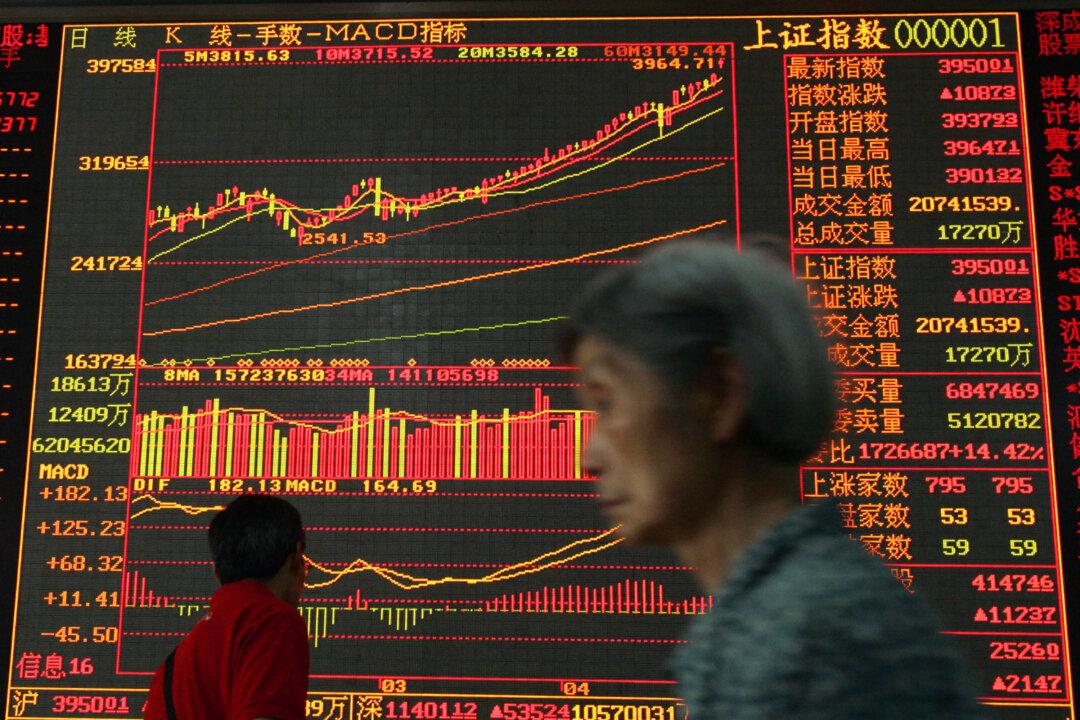Questions have been raised about about China’s economic data for years—but it’s not every day that a top Chinese audit official speaks out about the problem.
Dong Dasheng, the former deputy auditor at China’s National Audit Office, and a member of the Chinese People’s Political Consultative Conference (CPPCC), a largely ornamental advisory body, made some bold remarks on the issue at a CPPCC session on March 4.
The conference meets yearly in Beijing, along with the legislature, the National People’s Congress.
Dong’s admission that the practice of faking economic data has been rampant in China for years likely ties into a general move by Chinese officials to dampen expectations for future rapid growth. This includes giving cautious guidance on economic figures, and seeking to de-emphasize the recent chatter of China being the world’s second largest economy.
“Many of the numbers are watery,” Dong said—meaning that numbers are faked or exaggerated. He added that the faked numbers are wide in scope: including the growth rate of the gross domestic product, fiscal revenues, credit data, import and export data, and more.




